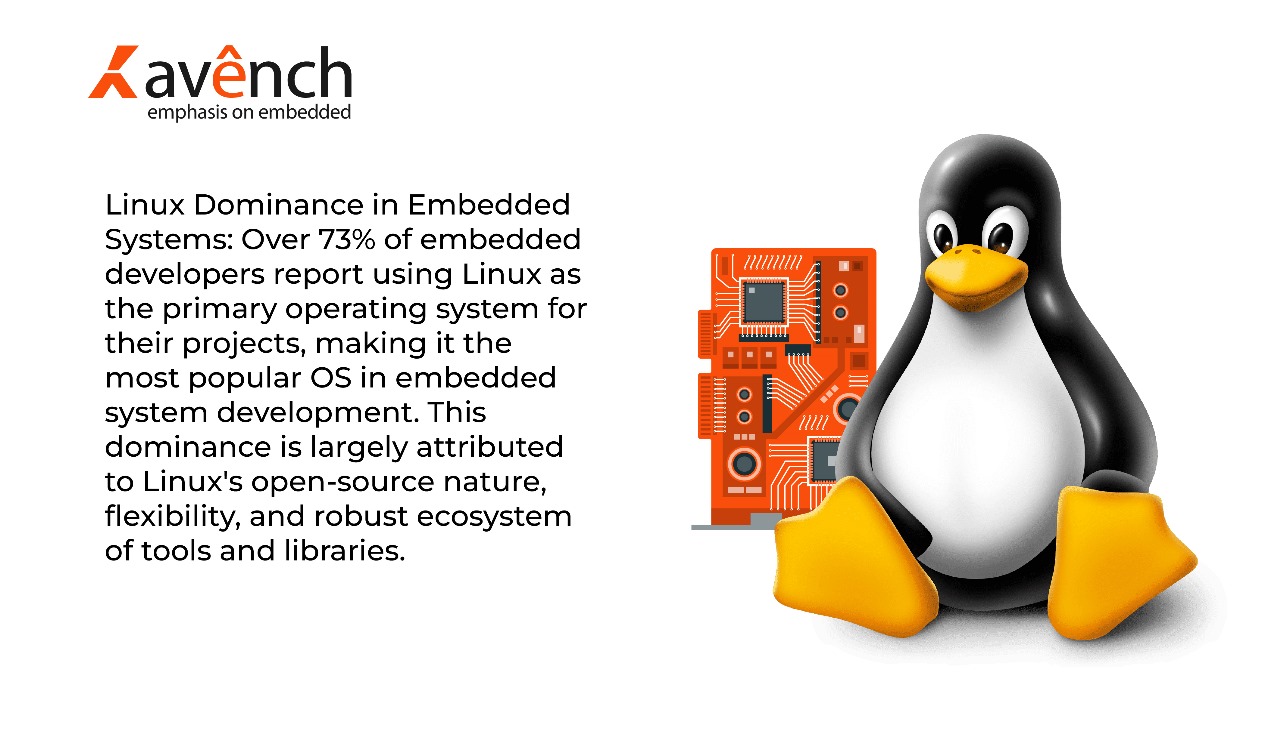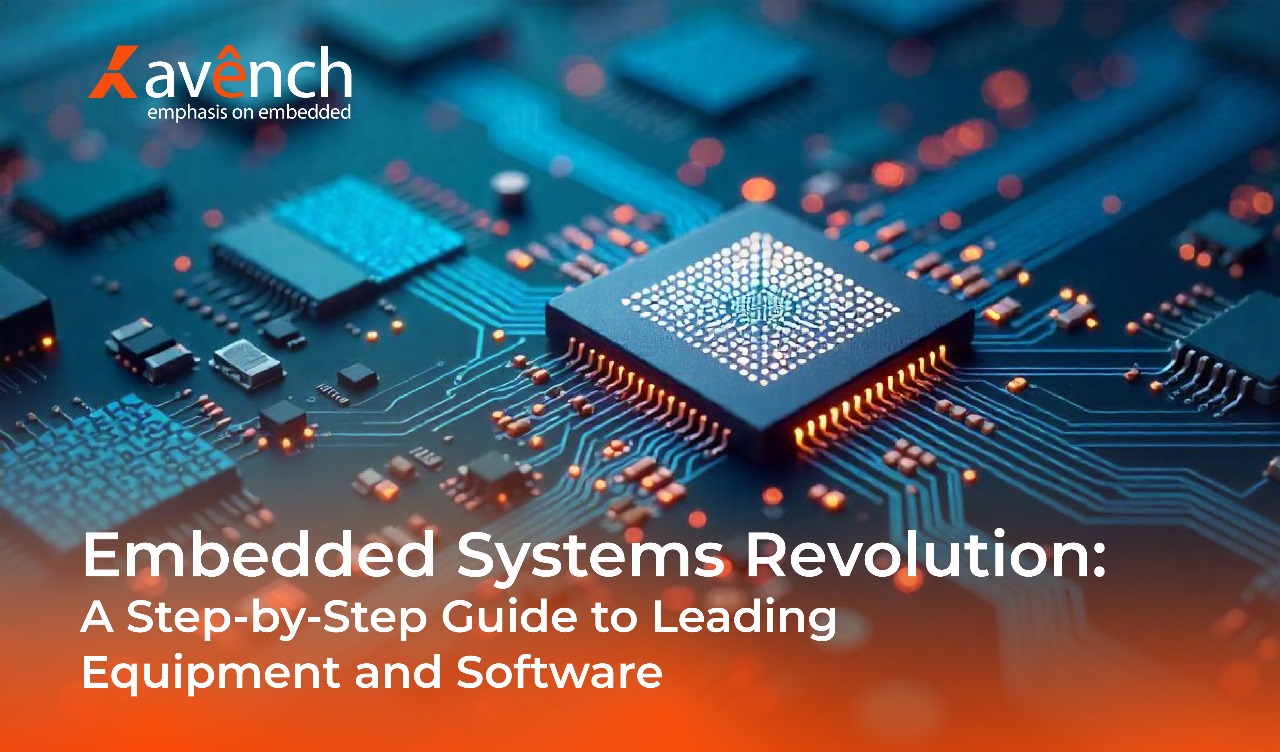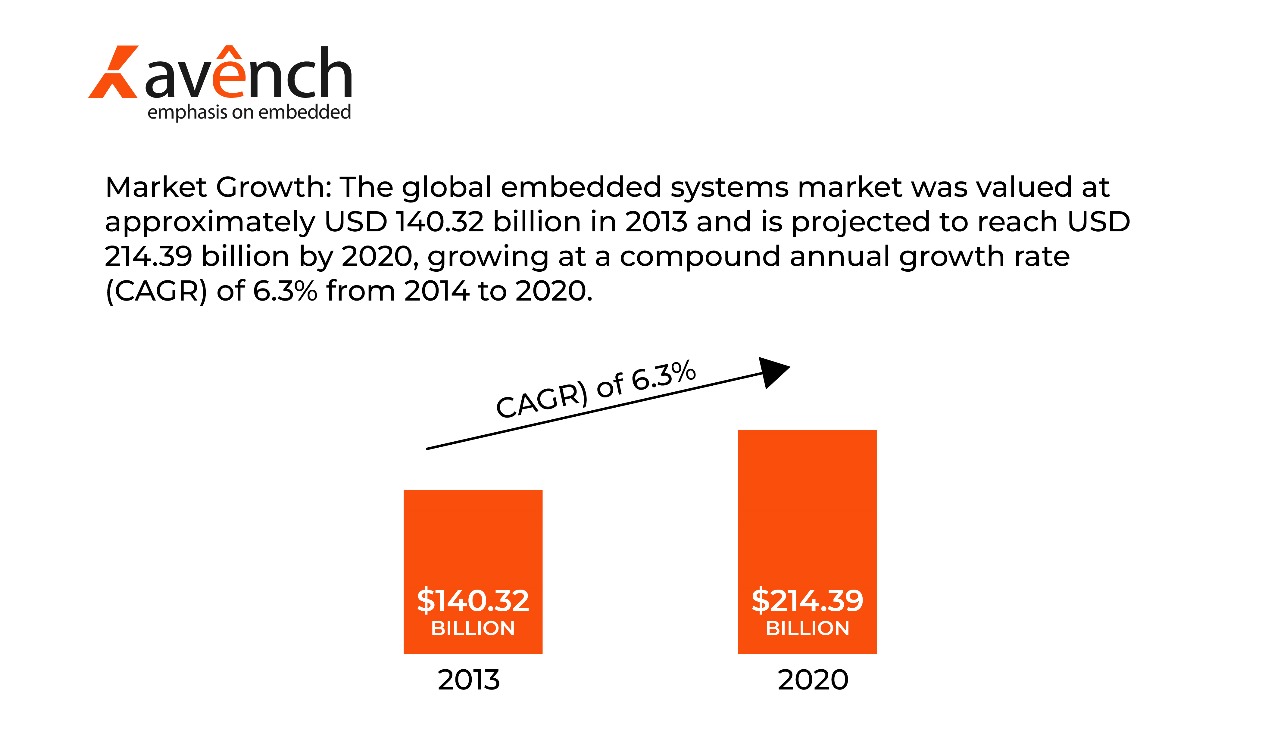Embedded systems have become a transformative force across industries, enabling precision, automation, and reliability in critical operations. These systems, combining hardware and software, power diverse applications ranging from smart vehicles to life-saving medical devices. This article takes a deep dive into the most famous embedded systems equipment and software that are revolutionizing the industry, showcasing their value to OEMs, industrial leaders, and decision-makers worldwide.
Raspberry Pi: A Developer’s Playground Evolving into an Industry Favorite
Initially introduced as an educational tool, the Raspberry Pi has transcended its roots to become a trusted platform for prototyping and industrial applications. Its affordability, modular design, and expansive ecosystem have made it a go-to for industries seeking innovation on a budget.
Picture a manufacturing plant leveraging Raspberry Pi to monitor machine performance. By integrating sensors and IoT frameworks, companies can collect real-time data to predict maintenance needs, minimizing downtime. Beyond factories, Raspberry Pi has found a niche in edge computing, where it supports remote monitoring in environments like renewable energy farms or offshore oil rigs.
Its compact design and ability to connect to a range of peripherals make Raspberry Pi a hero for developers and engineers, enabling projects that scale from idea to deployment without breaking the bank.
Texas Instruments Microcontrollers: The Power Behind Precision
In industries where precision and reliability are non-negotiable, Texas Instruments (TI) microcontrollers stand out as a benchmark. TI’s MSP430 and Tiva series deliver the performance, energy efficiency, and scalability required for complex applications.
Consider an electric vehicle (EV) using a TI microcontroller to manage its battery system. These microcontrollers ensure that battery cells operate efficiently while maintaining optimal temperature and charging rates. The result? Extended battery life, enhanced vehicle range, and greater safety.
The versatility of TI microcontrollers also finds applications in wearable devices, where their low-power consumption aligns perfectly with the need for long-lasting performance. In critical environments like aerospace or defense, TI’s robust architecture supports fail-safe designs, ensuring operations continue even under extreme conditions.
NVIDIA Jetson: Powering AI at the Edge
When artificial intelligence meets embedded systems, NVIDIA Jetson leads the charge. Designed for AI-driven applications, Jetson platforms combine GPUs, CPUs, and AI accelerators to process complex data in real time.
Imagine autonomous drones inspecting pipelines in the oil and gas sector. Equipped with Jetson, these drones can analyze video feeds to detect cracks or leaks, alerting engineers instantly. The platform’s real-time processing capabilities make it indispensable in applications like autonomous vehicles, where split-second decisions can mean the difference between success and failure.
The scalability of NVIDIA Jetson extends its utility to robotics and smart surveillance, making it a cornerstone for industries embracing AI-driven solutions.
Keil µVision: A Trusted Development Environment for ARM Microcontrollers
In the world of software, Keil µVision stands tall as a development environment tailored for ARM microcontrollers. Its intuitive interface and robust debugging tools make it a favorite among developers working on embedded applications.
For instance, a medical device company developing an insulin pump can use Keil µVision to write and test the firmware ensuring precise dosage delivery. The software’s ability to simulate hardware environments accelerates development, catching errors before deployment.
Its support for Real-Time Operating Systems (RTOS) allows developers to prioritize tasks effectively, a crucial feature for safety-critical systems in healthcare and automotive applications. Keil µVision exemplifies the balance between ease of use and advanced functionality, empowering developers to create with confidence.
MATLAB and Simulink: Engineering Accuracy Through Simulation
Few tools rival the power of MATLAB and Simulink for modeling and simulating embedded systems. These platforms shine in applications demanding high precision, such as aerospace, automotive, and robotics.
Consider the design of an advanced driver-assistance system (ADAS) for a smart car. Engineers use MATLAB to simulate sensor data and predict real-world scenarios. Simulink adds another layer by enabling hardware-in-the-loop (HIL) testing, where virtual models interact with physical components to validate performance.
This synergy reduces development time while ensuring that systems meet stringent safety and functionality standards. By enabling engineers to test ideas virtually before committing to hardware, MATLAB and Simulink are invaluable tools for innovation.
The Yocto Project: Crafting Custom Linux Distributions
For industries requiring tailored solutions, the Yocto Project offers the ability to create custom Linux distributions optimized for embedded systems. Its flexibility is a game-changer in industrial automation, where off-the-shelf solutions often fall short.
Take a smart factory that needs an embedded operating system for its robots. Using Yocto, developers can create a Linux distribution fine-tuned for real-time communication and energy efficiency. The result? Robots that work harmoniously, streamlining operations and boosting productivity.
Yocto’s appeal lies in its modularity and transparency, allowing companies to adapt quickly to changing needs without compromising security or performance.

Applications Across Key Industries
The intersection of these tools and platforms manifests in transformative applications across sectors:
- Automotive: From autonomous driving systems using NVIDIA Jetson to precise battery management powered by TI microcontrollers, embedded systems are driving the future of mobility.
- Healthcare: MATLAB simulations ensure life-critical devices like pacemakers operate flawlessly, while FreeRTOS enables wearable health monitors to function efficiently.
- Oil and Gas: Raspberry Pi and NVIDIA Jetson play a pivotal role in remote monitoring, ensuring safety and efficiency in harsh environments.
- Industrial Automation: Arduino and Yocto-based systems enable cost-effective solutions for smart factories, minimizing operational complexities.
Empathy for Industry Challenges
Embedded systems development often feels like navigating a maze for OEMs and industry leaders. The demand for reliability, scalability, and cost-efficiency can be overwhelming, especially in competitive markets. Recognizing these pain points, industry leaders like Texas Instruments, NVIDIA, and platforms like Yocto address specific challenges:
- Custom Solutions: Yocto empowers industries to create tailored systems, ensuring seamless integration with existing workflows.
- Accelerated Time-to-Market: Tools like MATLAB and Keil µVision reduce development cycles, helping companies stay ahead of the curve.
- Safety and Precision: From medical devices to autonomous drones, reliability remains a cornerstone, delivered through robust platforms like FreeRTOS and TI microcontrollers.
The Road Ahead for Embedded Systems
The future of embedded systems is intertwined with advancements in AI, IoT, and sustainability. As industries increasingly adopt smart systems, the demand for AI-powered platforms like NVIDIA Jetson will soar. Meanwhile, energy-efficient solutions like TI microcontrollers will align with global sustainability goals.
Security will also take center stage, with embedded systems incorporating advanced encryption and secure boot features to combat evolving cyber threats. The integration of these technologies promises a future where embedded systems not only meet but anticipate industry needs.
Conclusion: Powering Possibilities with Embedded Systems
Embedded systems are no longer mere components; they are the driving force behind innovation in industries that shape our world. From the versatility of Raspberry Pi to the precision of TI microcontrollers, and the AI capabilities of NVIDIA Jetson, the tools and platforms explored here are empowering businesses to reimagine what’s possible.
By addressing challenges with tailored solutions and robust development environments, embedded systems continue to unlock new opportunities, ensuring industries remain agile, efficient, and forward-looking. For OEMs, industrial leaders, and decision-makers, the message is clear: the future belongs to those who invest in the power of embedded systems today.
Avench is one of the leading , embedded systems development in usa to know more information for any sales queries, wait for no further contact us at +1 (775) 404-5757. You can also email us at sales@avench.com, or fill the query form in a website.


